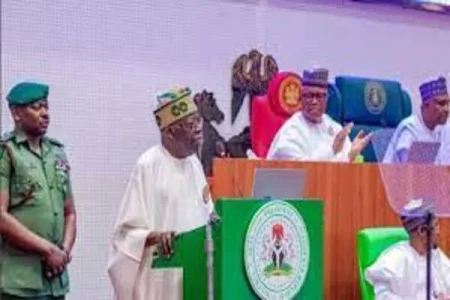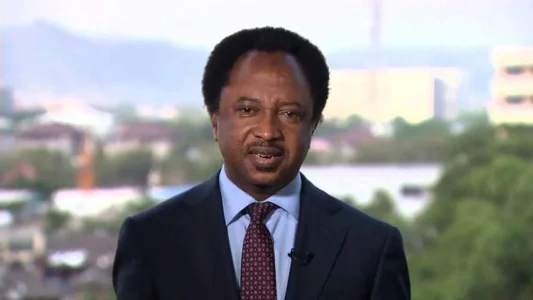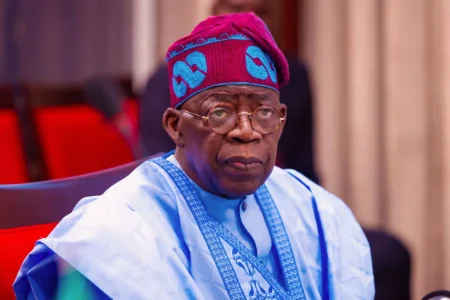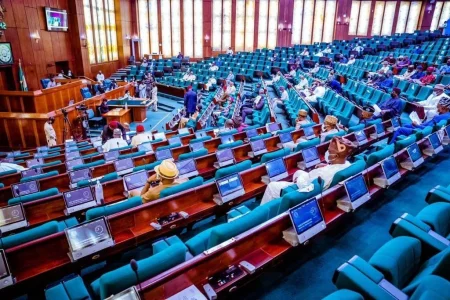
The National Assembly made a significant stride in higher education financing as it passed the Student Loans (Access to Higher Education) Act (Repeal and Re-Enactment) Bill, 2024. This move comes following President Bola Tinubu's transmission of the Bill to the Assembly for consideration and passage, signaling a concerted effort to address challenges in the previous Act and enhance the implementation of the student loan scheme.
The urgency surrounding the Bill was evident as lawmakers suspended relevant sections of their standing rules, fast-tracking its hearing and referring it to the Committee of the Whole for thorough consideration. Senator Muntari Dandutse, Chairman of the Senate Committee on Tertiary Institutions and TETFUND, presented the committee's report during plenary, ultimately leading to the Senate's approval of the Bill.
This legislative development follows President Tinubu's commitment to launching a Students Loan Fund, aimed at providing interest-free loans to Nigerian students for higher education. Despite promises for the scheme to commence in January 2024, delays in implementation drew criticisms, with Executive Secretary of the Tertiary Education Trust Fund (TETFund), Sonny Echono, attributing the setback to observations raised by the National Assembly.
Stakeholders, including TETFund, have voiced concerns regarding various aspects of the student loan scheme, ranging from eligibility requirements to funding sources, disbursement, and repayment procedures. These issues underscore the complexities involved in ensuring equitable access to higher education while maintaining financial sustainability.
The passage of the revised Student Loan Bill marks a crucial step towards addressing these challenges. With a renewed legislative framework in place, the government aims to streamline the implementation process, bolstering support for students seeking financial assistance to pursue their educational aspirations.
As the nation awaits the full implementation of the revised student loan scheme, attention now shifts to the practicalities of its execution and the potential impact on Nigeria's educational landscape. Stakeholders, policymakers, and the public at large remain vigilant as efforts continue to ensure that the promise of accessible and affordable higher education becomes a reality for all aspiring students.




